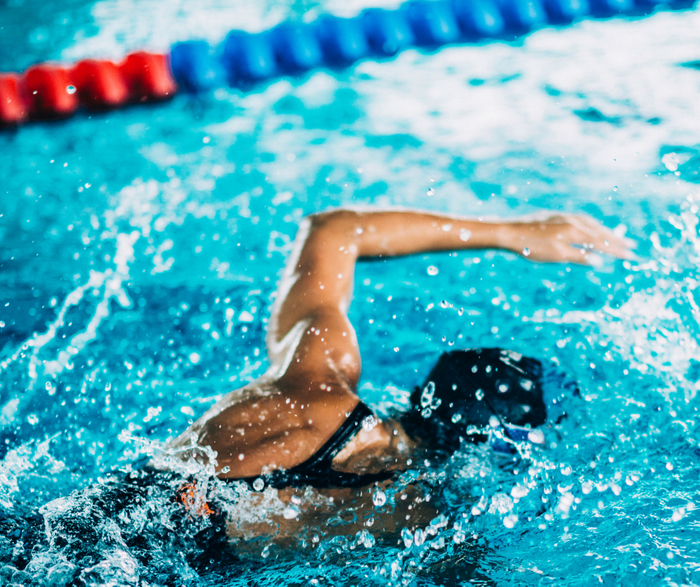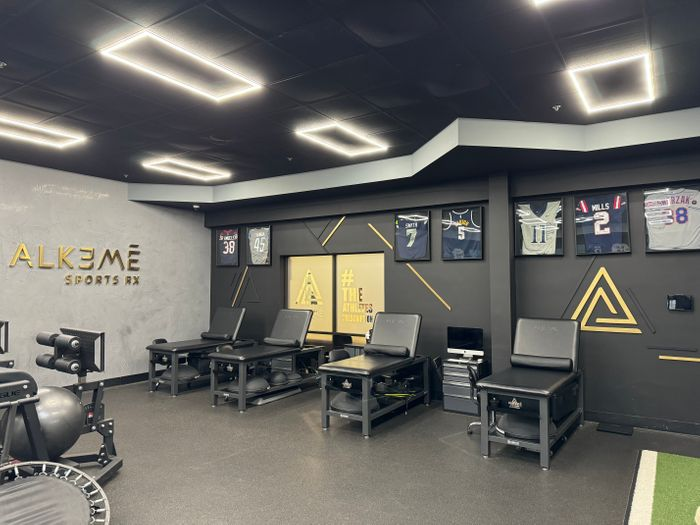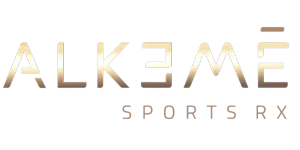Vertigo, a sensation of spinning or dizziness, can severely disrupt daily life and activities. At Alkemē Sports Rx in Brickell & Davie, our licensed Doctors of Physical Therapy specialize in treating vertigo through evidence-based methods. This blog will explore how physical therapy can effectively manage and alleviate vertigo symptoms, detailing specific exercises, treatment approaches, and patient success stories.
Understanding Vertigo and Its Impact
Vertigo is often caused by inner ear problems, such as benign paroxysmal positional vertigo (BPPV), vestibular neuritis, or Meniere’s disease. It can also result from migraines or other neurological conditions. Symptoms include dizziness, imbalance, nausea, and a spinning sensation, which can lead to difficulty with everyday activities and a significant decrease in quality of life.

How Physical Therapy Helps with Vertigo
Physical therapy for vertigo focuses on vestibular rehabilitation, which involves exercises and maneuvers designed to reduce dizziness, improve balance, and enhance overall stability. Our physical therapists in Brickell create individualized treatment plans tailored to each patient’s specific needs and underlying causes of vertigo.
Benefits of Physical Therapy for Vertigo
- Symptom Reduction: Targeted exercises can help reduce dizziness and improve stability.
- Improved Balance: Balance training exercises enhance coordination and prevent falls.
- Enhanced Mobility: Increasing overall physical activity helps patients regain confidence in their movements.
- Education and Self-Management: Patients learn techniques to manage symptoms and prevent future episodes.

Effective Physical Therapy Treatments and Exercises for Vertigo
1. Canalith Repositioning Maneuvers: These maneuvers are specifically designed for BPPV to move dislodged crystals in the inner ear back to their correct position.
- Example Maneuver: Epley maneuver – Involves a series of head and body movements to shift the crystals.
2. Habituation Exercises: These exercises aim to reduce dizziness through repeated exposure to specific movements or environments that trigger symptoms.
- Example Exercise: Repeatedly turning the head from side to side while focusing on a fixed point.
3. Balance Training: Exercises to improve balance and prevent falls by strengthening the vestibular system.
- Example Exercise: Standing on one foot with eyes open and then closed to challenge balance.
4. Gaze Stabilization Exercises: These exercises help improve control of eye movements so the visual world remains stable during head movements.
- Example Exercise: Fixing gaze on a stationary object while moving the head side to side.
5. Postural Training: Techniques to improve posture and body alignment, reducing strain on the vestibular system.
- Example Technique: Practicing proper sitting and standing postures to maintain balance.
Vertigo and Its Impact on Daily Activities and Sports
Vertigo can significantly affect daily activities and sports performance. Athletes and active individuals may experience challenges with coordination, balance, and spatial orientation, which are crucial for optimal performance in sports such as gymnastics, diving, and any activities requiring quick head movements.

Sports Prone to Vertigo Issues
- Diving: Rapid changes in head position and pressure can trigger vertigo.
- Gymnastics: High-speed rotations and flips can affect the inner ear.
- Figure Skating: Constant spinning and turning may lead to dizziness.
- Cycling: Balance and spatial awareness are crucial, and vertigo can impair these abilities.
- Swimming: Underwater turns and movements can disorient the vestibular system.

How Alkeme Sports Rx Helps Athletes with Plantar Fasciitis
Physical therapy offers targeted treatments for athletes suffering from plantar fasciitis:
- Customized Exercise Programs: Tailored exercises to address the specific needs of the athlete’s sport and reduce pain.
- Sport-Specific Training: Techniques designed to enhance performance while minimizing the risk of plantar fasciitis.
- Footwear and Orthotics Recommendations: Guidance on selecting sport-specific footwear and using orthotics to support the feet.
- Strength and Flexibility Training: Exercises to strengthen foot muscles and improve flexibility, providing better support for the plantar fascia and reducing the risk of heel pain.

Integrating Physical Therapy into Your Plantar Fasciitis Management Plan
- Consistency: Regular PT sessions and adherence to home exercises are crucial for effective treatment.
- Footwear: Choose supportive shoes and consider custom orthotics to reduce strain on the plantar fascia.
- Activity Modification: Adjust activities that aggravate heel pain and incorporate low-impact exercises.
- Stretching and Strengthening: Regularly perform prescribed exercises to maintain flexibility and strength.
- Professional Guidance: Regular consultations with your physical therapist ensure your treatment plan remains effective and adjusts to your progress.
Schedule Your Consultation
If you’re a soccer player in Brickell or Davie recovering from an ankle sprain or seeking preventive care, our experienced sports physical therapists at Alkemē Sports Rx are here to help. Schedule a consultation today to receive personalized treatment and rehabilitation tailored to your needs and goals. Let us support your journey back to the soccer field with expert care and guidance.

